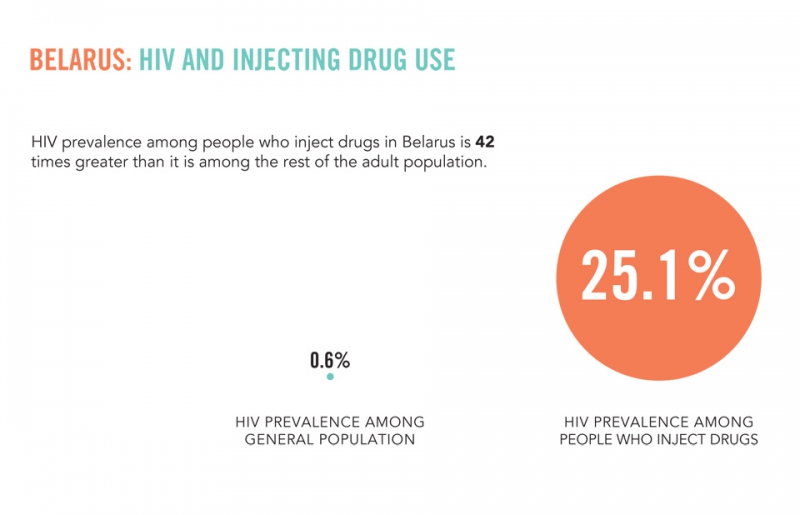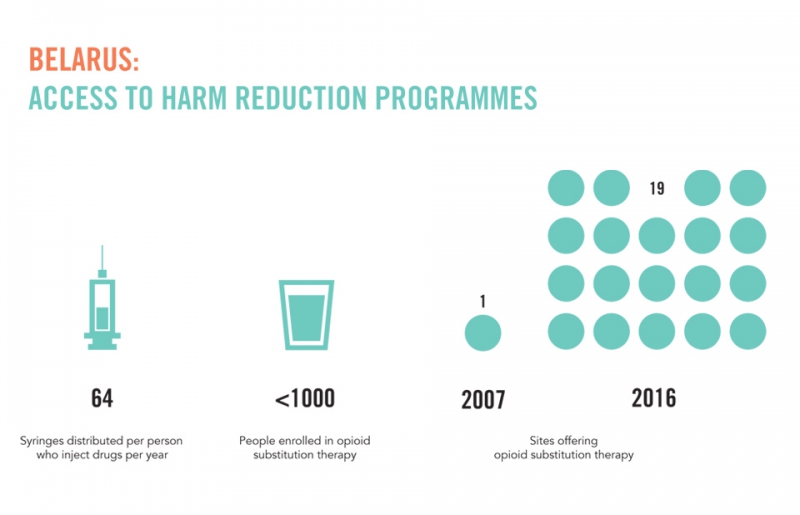GENEVA, 27 June 2019—UNAIDS and the Global Fund to Fight AIDS, Tuberculosis and Malaria (Global Fund) have signed a strategic framework for cooperation and collaboration to strengthen and accelerate support to countries’ efforts to end AIDS. The framework outlines the existing, wide-ranging scope of collaboration between the two organizations, and highlights specific areas for enhanced cooperation to help focus efforts and resources where they are needed most.
“The long-standing partnership between UNAIDS and the Global Fund has been instrumental in helping countries to halt and reverse their HIV epidemics,” said Gunilla Carlsson, UNAIDS Executive Director, a.i. “The new framework builds on this successful partnership and will deliver maximum impact for people on the ground, enhance country ownership and sustainability, and Fast-Track progress towards ending AIDS.”
Under the new framework, UNAIDS and the Global Fund will advocate for a more robust response to HIV, support each other’s activities and processes, and continue to provide strategic information, technical support and capacity building to countries. The two organizations will advocate for increased global and domestic funding, work to improve data collection and systems and ensure data is used strategically for decision making and implementation.
“Partnership is in the Global Fund’s DNA, and we will continue to work closely with UNAIDS to step up the fight against HIV and save millions of lives,” said Peter Sands, Executive Director of the Global Fund.
The framework highlights critical areas for enhanced collaboration which include HIV prevention and treatment access, community-led service delivery, gender, rights and community engagement and a special focus on accelerating progress in West and Central Africa. To measure progress towards the enhanced areas for collaboration a results matrix will be established.
UNAIDS will continue to analyse gaps in the response to HIV, support the development of national strategic plans and investment cases and address human rights and gender-related barriers to equitable access to health services. UNAIDS will also ensure that civil society are fully engaged in the response to HIV, particularly communities and key populations most affected by HIV.
The Global Fund will continue to attract, leverage and invest additional resources to end HIV. The Global Fund currently raises and invests nearly US$ 4 billion a year for the responses to HIV, tuberculosis and malaria, to support programmes run by local experts and leaders in countries and communities most in need.
UNAIDS urges donors to fully fund the Global Fund to Fight AIDS, Tuberculosis and Malaria at its sixth replenishment conference taking place in France in October 2019. This will enable countries, civil society and partners to implement an evidence-informed, people-centred and human-rights based response to HIV.
UNAIDS
The Joint United Nations Programme on HIV/AIDS (UNAIDS) leads and inspires the world to achieve its shared vision of zero new HIV infections, zero discrimination and zero AIDS-related deaths. UNAIDS unites the efforts of 11 UN organizations—UNHCR, UNICEF, WFP, UNDP, UNFPA, UNODC, UN Women, ILO, UNESCO, WHO and the World Bank—and works closely with global and national partners towards ending the AIDS epidemic by 2030 as part of the Sustainable Development Goals. Learn more at unaids.org and connect with us on Facebook, Twitter, Instagram and YouTube.













